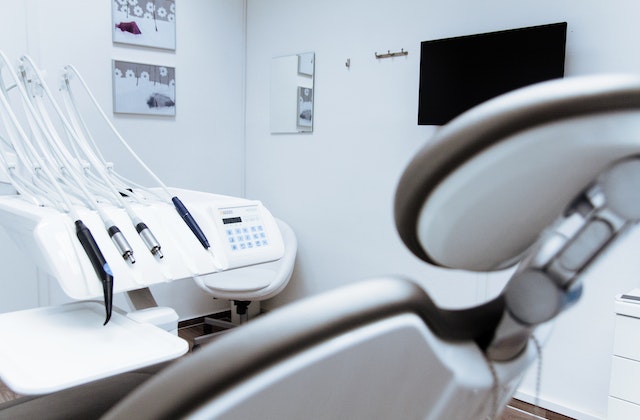This article features healthcare instigators who believe that outcomes matter, customers count and value rules. The multichannel communication platform they use to push for change is just as important as their message itself.
Imagine physicians working on a capitated basis rather than on fee-for-service. Capitation shifts the financial incentives from volume to value, allowing them to avoid burnout and work with patients to achieve better health.
1. The Future of Medicine
Medications that target the genetic causes of a disease can prevent its progression. Newborn screening programs can curb under-five mortality; and a system that tracks the intensity of a cough can reduce the spread of a virus.
In the future, we can expect a shift away from reactive medicine toward preventative medicine. We can expect to see a greater emphasis on lifestyle modification, early detection and intervention of chronic diseases, personalized medicine and improved outcomes through the use of digitalization.
The twentieth century saw amazing advances aimed at preventing the onset of disease—including vaccines and risk-factor interventions that nearly doubled life expectancy. But there’s a lot more that can be done. As the medical field continues to evolve, we need to ensure that it’s driven by innovation and compassion. This is a big challenge, but it’s possible. Increasing compassion in healthcare may not sound like an obvious way to improve patient outcomes, but studies show that it works. Compassionate care is associated with better adherence and outcomes, and compassion training is being introduced into the curricula at dozens of medical schools.
2. The Future of Healthcare
As more diseases become curable, the demands on our healthcare system will evolve. For example, telemedicine is expected to provide on-demand, virtual access to physicians for consultations, tests and prescriptions. This is a great way to improve patient experience and increase patient engagement. Patients will also have increased access to their medical records, allowing them to form teams with primary care providers and specialists for collaborative, unified care. In addition, they will be able to submit descriptions or even photos of their symptoms for physicians to triage, which will help them keep track of their treatment and progress.
As a physician, educator and author, Pearl has a unique perspective on the state of healthcare. He joins Jeremy Corr for this episode of Fixing Healthcare to discuss how better, bolder leadership can solve the United States’ healthcare crisis. They examine signals of change such as workforce shortages, economic pressures, supply chain disruption and increasing consumerism, and how they may influence the future of healthcare delivery and consumption.
3. The Future of the Doctor-Patient Relationship
Whether it is an app for telehealth consultations or a chatbot assistant, modern technology is allowing doctors to connect with patients. But empathetic care requires more than just talking to patients over the phone. It involves sharing information, providing resources and empowering patients to take control of their health.
In this pay-for-service model, cultivating a patient relationship takes time that is not billable. But a growing body of research suggests it’s worth the investment.
To test the effect of physician-patient relationships, Meltzer recruited volunteers who could choose to be assigned either a primary care doctor who was available after hours or a hospitalist who was not. He compared the groups on a variety of metrics like how often they were hospitalized or needed to go to the emergency room, and found that those who had a primary-care physician for all their needs did better than those with a specialist alone. Moreover, a patient-doctor relationship was a major factor in that outcome.
4. The Future of Health Care
There’s a hunger for fast, revolutionary innovation in healthcare. But while breakthroughs happen more quickly when a single entity acts alone, the ability to scale them and make them widely available requires wide partnerships between all stakeholders who stand to gain from change.
New cures, treatments and medical tools continue to transform health care. They also impact how healthcare systems operate and use their resources. This has already reshaped the way academic health centers (AHCs) run their facilities, as well as how they handle Medicare and Medicaid funds.
Meanwhile, nontraditional entrants with consumer-driven, digital-first and retail-focused business models are entering the healthcare space. They have a unique opportunity to offer low-cost, convenient opportunities for health and well-being consumption and delivery. They can also help fill gaps in the supply chain and bolster profitability. Ultimately, they can make it easier for AHCs to deliver their mission of patient-centric care. This will give them a competitive edge in the battle for market share.
